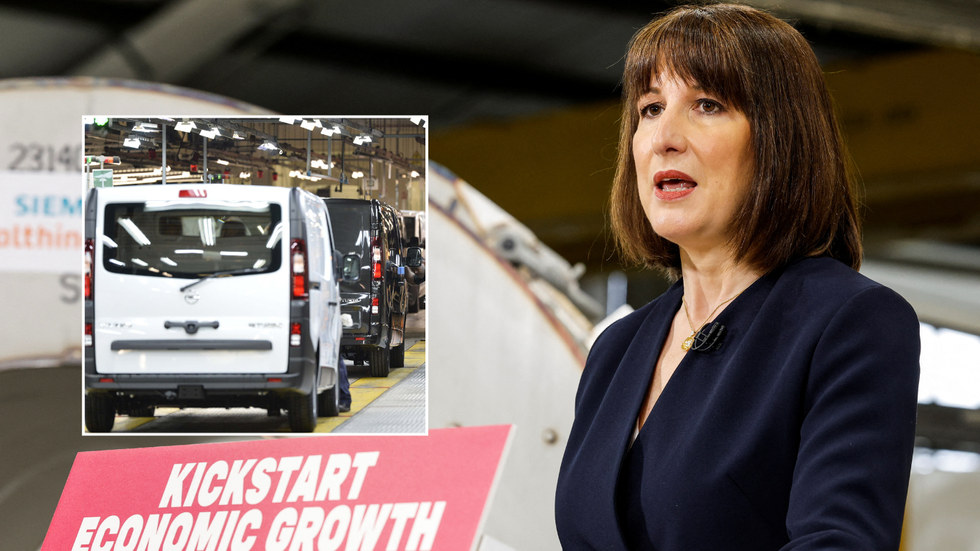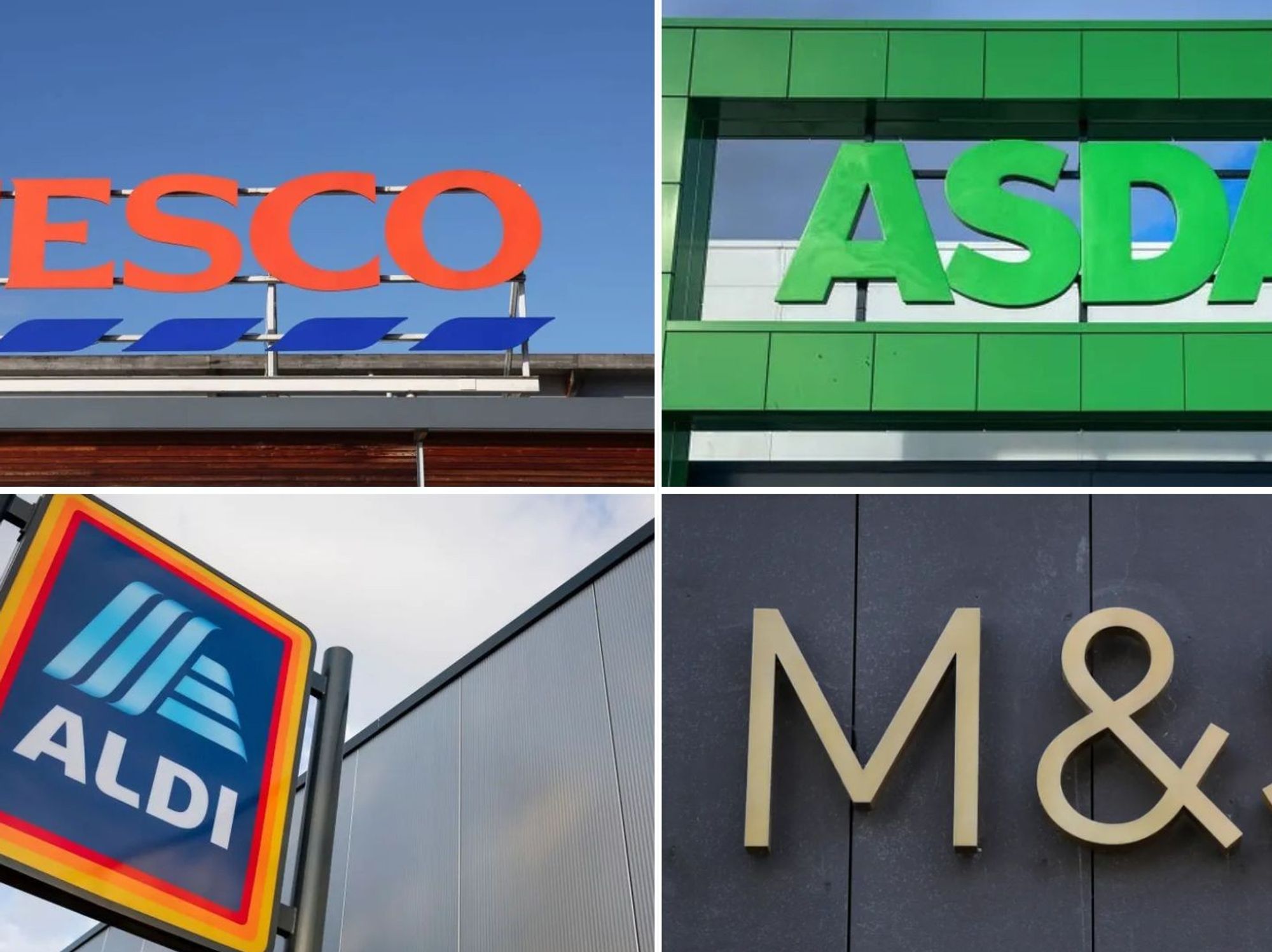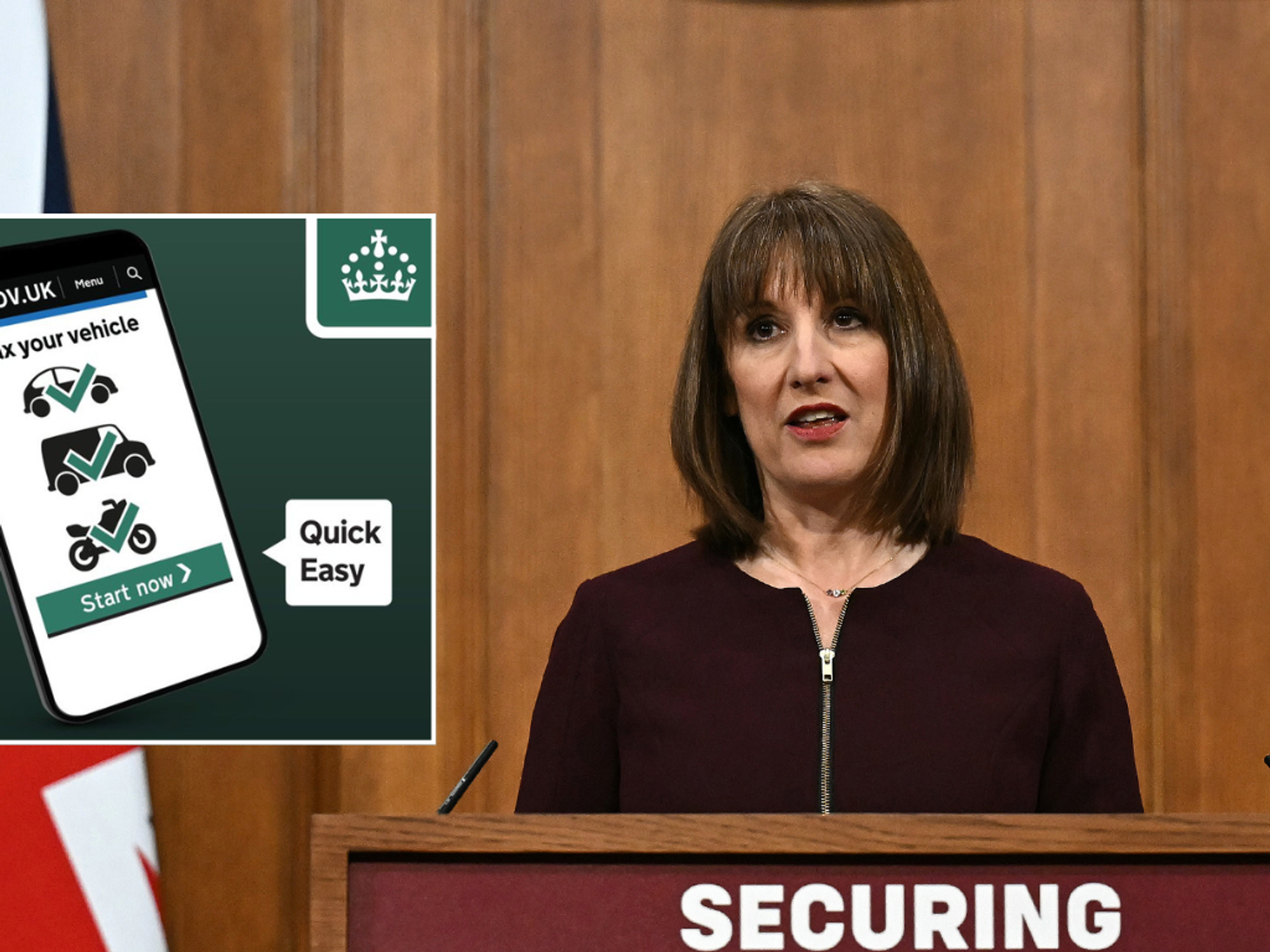WATCH: Major car tax changes launching within months will see drivers charged huge sums
GB NEWS
Daily van sales fell significantly in the aftermath of the Autumn Budget
Don't Miss
Most Read
Trending on GB News
Van sales plummeted in the immediate aftermath of Rachel Reeves's Budget last year where she announced new car tax changes, according to new research.
The used van market dropped nearly 12 per cent following the Chancellor's Autumn Statement as experts call for urgent support to save the sector.
Ahead of the new car tax changes launching in April, motorists are concerned about van sales as some vehicles could be forced to pay almost £6,000.
Analysis found that 2,165 fewer vans were sold in the month following the October 30 Budget announcement compared to the previous month.
Do you have a story you'd like to share? Get in touch by emailingmotoring@gbnews.uk

Van sales dropped in the month following the Autumn Budget
PA
The figures revealed average daily van sales dropped from 627 to 552 following the budget announcement, representing a decrease of 75 vehicles per day.
The data, seen exclusively by GB News, detailed how 18,174 used vans were sold across the UK between October 1 and 29 last year.
However, after Reeves announced huge car tax hikes, this figure fell to 16,009 in the period from October 31 to November 30, marking a decline of almost 12 per cent.
Alastair Campbell, from Marketcheck UK, told GB News: "These figures could indicate a decline in confidence across the economy, particularly in trades, following the Autumn Budget.
"This trend highlights underlying economic challenges across various industries, especially those smaller companies where margins are tight and additional cost burdens could delay or slow investment."
He emphasised that analysing used van sales provides valuable insight into economic sentiment among trade businesses.
The data recorded how the commercial sector may be particularly sensitive to policy changes affecting vehicle costs.
From April, car rates will increase in line with the Retail Price Index for all cars, vans and motorcycles. The changes will affect all vehicle owners, including those with electric vehicles, who will have to pay car tax for the first time.
The Treasury measure will impact all motorists owning cars, vans or motorcycles, with rates adjusted to maintain their "real-terms value".
First-year rates for new cars will see significant changes from April, with wider differences between vehicle types. Electric cars will be forced to pay the lowest rate of £10 until 2029-30, while hybrids and cars emitting between one and 50g/km of CO2 will see rates increase to £110.
Vehicles emitting 51-75g/km of CO2, including hybrids, will face charges of £130. All other cars emitting 76g/km of CO2 and above will see their rates double from current levels.
In a further change from April 2025, double cab pick-up vehicles with a payload of one tonne or more will now be reclassified and treated as cars for tax purposes.
LATEST DEVELOPMENTS:
- Elon Musk’s Tesla could face UK electric car tariffs as Labour considers retaliation to US sanctions
- Petrol and diesel drivers face sharp parking hikes from April alongside car tax raises with Labour blamed
- 2030 petrol and diesel car ban deadline could be confirmed as Transport Secretary meets with automakers
 Electric cars will be charged the lowest rate of VED from April 2025PA
Electric cars will be charged the lowest rate of VED from April 2025PACampbell added: "Whether this is as a result of decreased capital available to expand their businesses, or a lack of confidence due to contractions in other sectors is unclear, but it is certainly a concern
"Analysing business activity through the sales of used vans is an insightful method to discover how the trades could perceive the economy."








